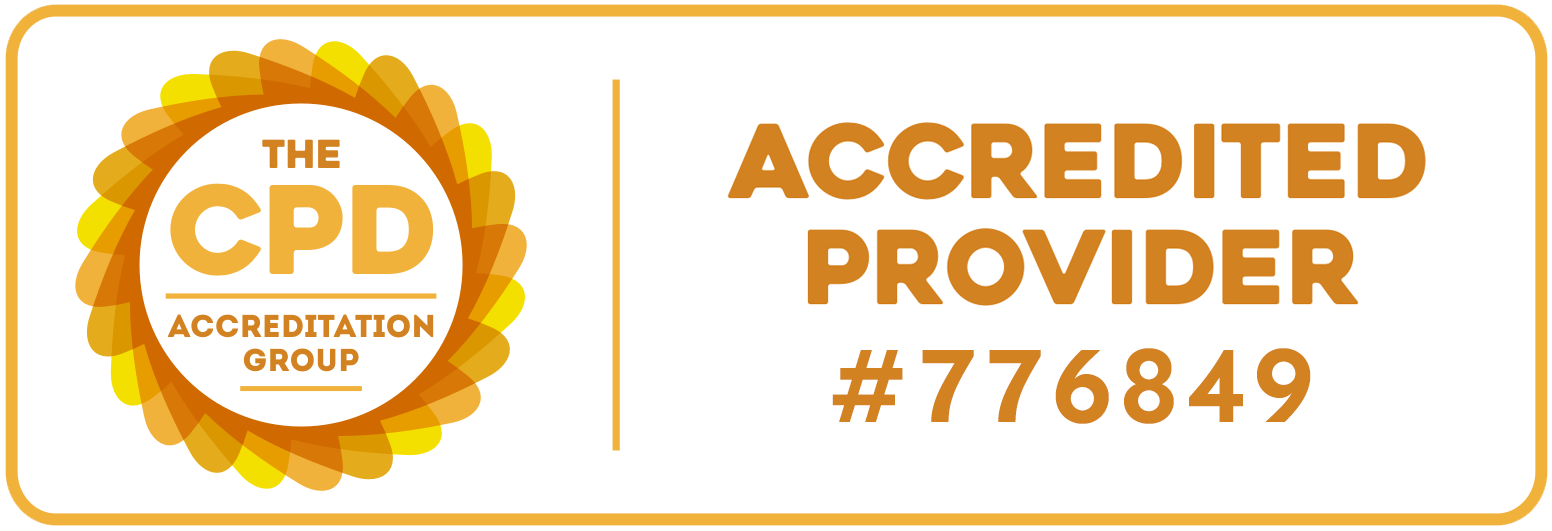
Krasimir Vasilev
University of South Australia, Australia
Title: Nano engineered plasma polymer films for biomedical applications
Biography
Biography: Krasimir Vasilev
Abstract
In this talk, author will present recent developments from his lab on various biomaterial coatings that are facilitated by plasma deposition. These include antibacterial coatings, drug release platforms and cell guidance/capture surfaces. Undesired bacterial adhesion and subsequent colonization of medical devices is a substantial medical problem causing complex and sometime fatal infections. We have developed various strategies for generation of antibacterial coatings that can be applied to medical device surfaces. These involve means such as silver nanoparticles, antibiotics, nitric oxide, quaternary ammonium compounds (QACs) or simply coatings that have intrinsic low fouling properties. All these coatings are facilitated by plasma deposition, a technique that provides functional films placed to the surface of any type of material. Important for applications, we not only extensively test our coating for their antibacterial efficacy against medically relevant pathogens but also assess their potential cytotoxicity to mammalian cell and inflammatory consequences. We have also developed methods for the synthesis and surface immobilization of hybrid antibacterial nanocapsules and nanoparticles, including such capable of triggered release. In a second part of the talk author outline his work on developing advanced nanoengineered plasma polymer coatings capable of directing cellular behavior including adhesion, proliferation, differentiation and migration. We have developed unique capabilities to control and tailor entire spectrum of surface properties such as chemistry, wettability, ligand densities, nanomechanics and nanotopography in a substrate independent fashion. We can tailor all these surface properties in a gradient manner too. Author will demonstrate how we use surface gradients of nanoparticles density to study the influence of surface nanotopography on the behavior of various cell types, including immune cells and author will outline how we guide the differentiation of stem cells by tailoring surface chemistry, nanotopography or density of signaling molecules. Author will briefly present drug delivery and release platforms that we have developed including a method for solvent free encapsulation of drug particles. A recently developed device for selective cancer cell capture for complex liquids and how it is used for diagnostic of bladder cancer will also be presented.

